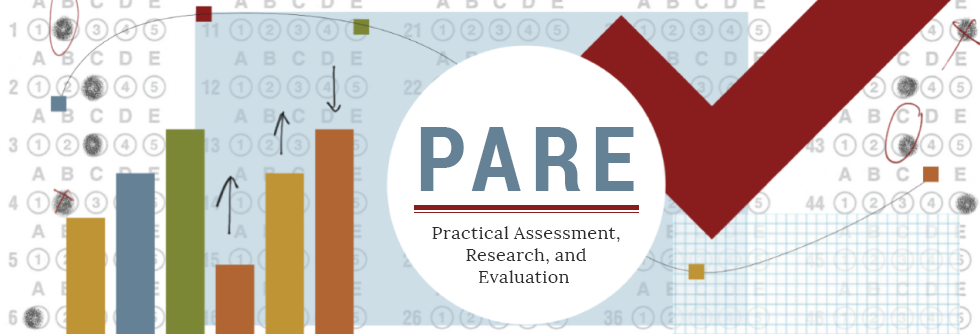Modelling the preferences of students for alternative assignment designs using the Discrete Choice Experiment methodology
- B. Kennelly
- D. Flannery
- J. Considine
- E. Doherty
- S. Hynes
Abstract
This paper outlines how a discrete choice experiment (DCE) can be used to learn more about how students are willing to trade off various features of assignments such as the nature and timing of feedback and the method used to submit assignments. A DCE identifies plausible levels of the key attributes of a good or service and then presents the respondent with alternative bundles of these attributes and their levels and asks the respondent to choose between particular bundles. We report results from a DCE we conducted with undergraduate business students regarding their preferences for assignment systems. We find that the most important features of assignments are how relevant the assignments are for exam preparation and the nature of the feedback that students receive. We also find that students generally prefer online to paper assignments. We argue that the DCE approach has a lot of potential in education research. Accessed 4,497 times on https://pareonline.net from November 13, 2014 to December 31, 2019. For downloads from January 1, 2020 forward, please click on the PlumX Metrics link to the right.
Keywords: Evaluation Methods, Educational Research, Research Methodology
How to Cite:
Kennelly, B., Flannery, D., Considine, J., Doherty, E. & Hynes, S., (2014) “Modelling the preferences of students for alternative assignment designs using the Discrete Choice Experiment methodology”, Practical Assessment, Research, and Evaluation 19(1): 16. doi: https://doi.org/10.7275/y9r2-nc06
Downloads:
Download PDF
View PDF
633 Views
142 Downloads
